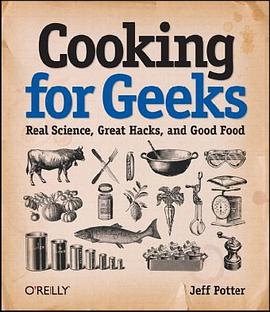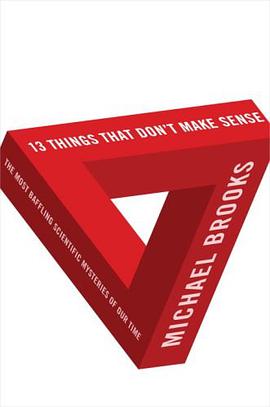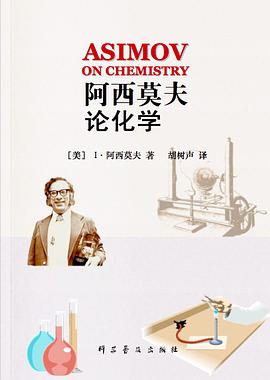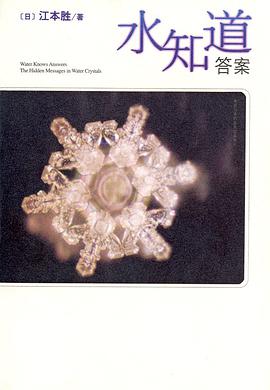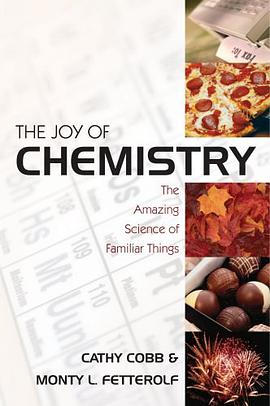Cooking for Geeks 豆瓣
作者:
Jeff Potter
O'Reilly Media
2010
- 8
Are you the innovative type, the cook who marches to a different drummer -- used to expressing your creativity instead of just following recipes? Are you interested in the science behind what happens to food while it's cooking? Do you want to learn what makes a recipe work so you can improvise and create your own unique dish?
More than just a cookbook, Cooking for Geeks applies your curiosity to discovery, inspiration, and invention in the kitchen. Why is medium-rare steak so popular? Why do we bake some things at 350 F/175 C and others at 375 F/190 C? And how quickly does a pizza cook if we overclock an oven to 1,000 F/540 C? Author and cooking geek Jeff Potter provides the answers and offers a unique take on recipes -- from the sweet (a "mean" chocolate chip cookie) to the savory (duck confit sugo).
This book is an excellent and intriguing resource for anyone who wants to experiment with cooking, even if you don't consider yourself a geek.
Initialize your kitchen and calibrate your tools
Learn about the important reactions in cooking, such as protein denaturation, Maillard reactions, and caramelization, and how they impact the foods we cook
Play with your food using hydrocolloids and sous vide cooking
Gain firsthand insights from interviews with researchers, food scientists, knife experts, chefs, writers, and more, including author Harold McGee, TV personality Adam Savage, chemist Hervé This, and xkcd
More than just a cookbook, Cooking for Geeks applies your curiosity to discovery, inspiration, and invention in the kitchen. Why is medium-rare steak so popular? Why do we bake some things at 350 F/175 C and others at 375 F/190 C? And how quickly does a pizza cook if we overclock an oven to 1,000 F/540 C? Author and cooking geek Jeff Potter provides the answers and offers a unique take on recipes -- from the sweet (a "mean" chocolate chip cookie) to the savory (duck confit sugo).
This book is an excellent and intriguing resource for anyone who wants to experiment with cooking, even if you don't consider yourself a geek.
Initialize your kitchen and calibrate your tools
Learn about the important reactions in cooking, such as protein denaturation, Maillard reactions, and caramelization, and how they impact the foods we cook
Play with your food using hydrocolloids and sous vide cooking
Gain firsthand insights from interviews with researchers, food scientists, knife experts, chefs, writers, and more, including author Harold McGee, TV personality Adam Savage, chemist Hervé This, and xkcd
